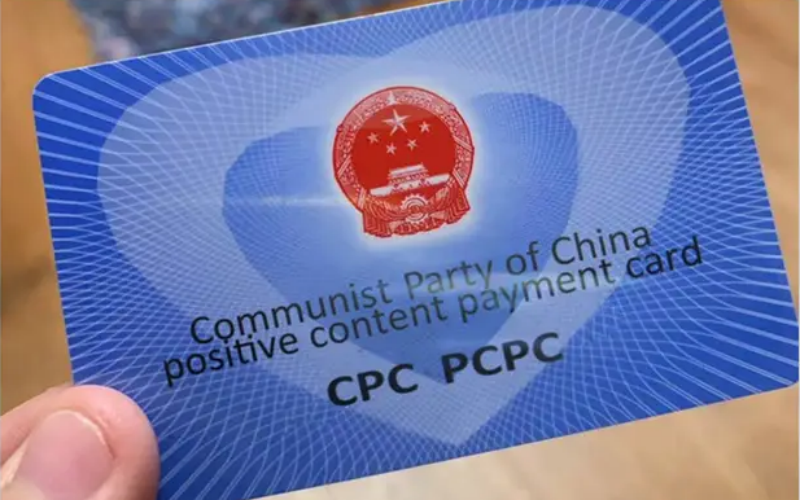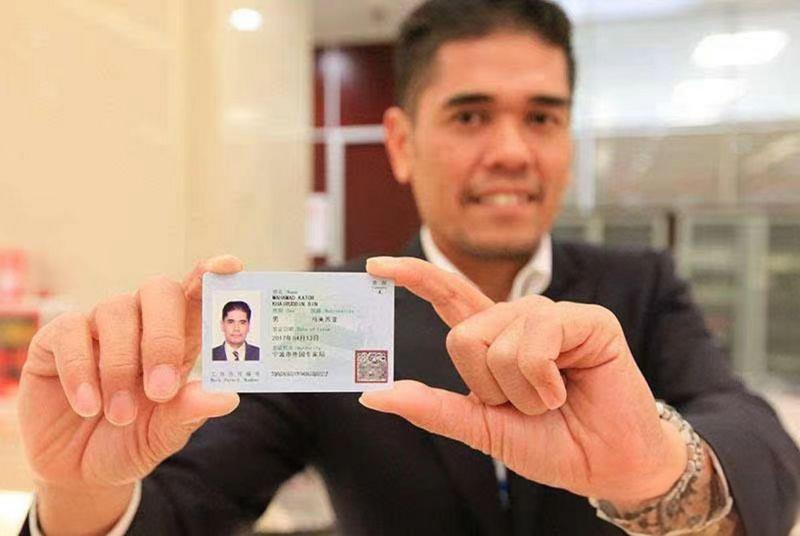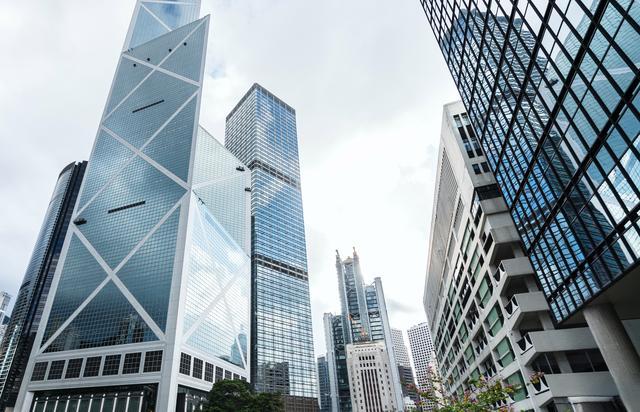Recently, Hengqin released the “Several Measures for Promoting Talent Development in the Guangdong-Macao In-Depth Cooperation Zone in Hengqin”, along with three supplementary implementation plans. Postdoctoral researchers working in the zone’s postdoctoral research stations, branch stations, and innovation practice bases are eligible for an annual living subsidy of 400,000 RMB for two consecutive years.

The application for the first batch of postdoctoral special support subsidies in 2024 has kicked off, while the living subsidy for introduced talented personnel will be open next week (from April 22 to June 30). Notably, the living subsidy standards for introduced talents have been significantly increased compared to the previous policies.
A training meeting on the subsidy application was held at the Hengqin Scientific and Technological Innovation Center on April 19. The event aims to better inform enterprises and talents about the application requirements.
During the meeting, representatives from the Economic Development Bureau and the Postdoctoral Management Office of the Cooperation Zone provided detailed information on various aspects of the application, including the application timeline, requirements, and standards. Specifically, they elaborated on attracting talents to the Cooperation Zone and the application procedures for postdoctoral subsidies.
The new talent measures are specifically targeted at enterprises or institutions that operate substantially within the Cooperation Zone, as well as personnel actually working in the above employers (except for those employed by budgeted posts in government agencies and public institutions).
In the interactive session, many enterprises expressed that the talent subsidies have significantly enhanced the appeal of the Cooperation Zone, attracting an influx of talents eager to develop their careers here. Beyond subsidies for young professionals, the latest policy also offers incentives for high-level talents, skilled workers, key industrial personnel, international experts, and other groups.
According to the authorities from the Economic Development Bureau of the Cooperation Zone, the talent policies are designed to support the moderate and diversified economic development of Macao, with an aim to attract and nurture high-end and urgently needed talents to meet the demands of the four new industries that include sci-tech research and high-end manufacturing, traditional Chinese medicine (TCM), cultural tourism, convention and exhibition, as well as modern finance.








